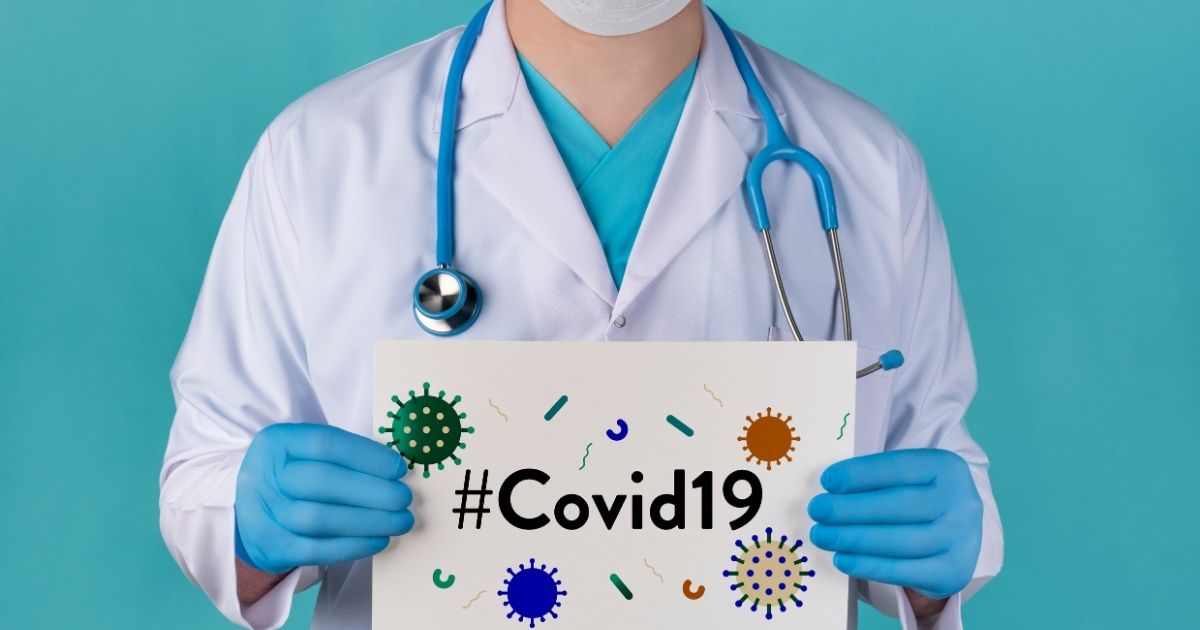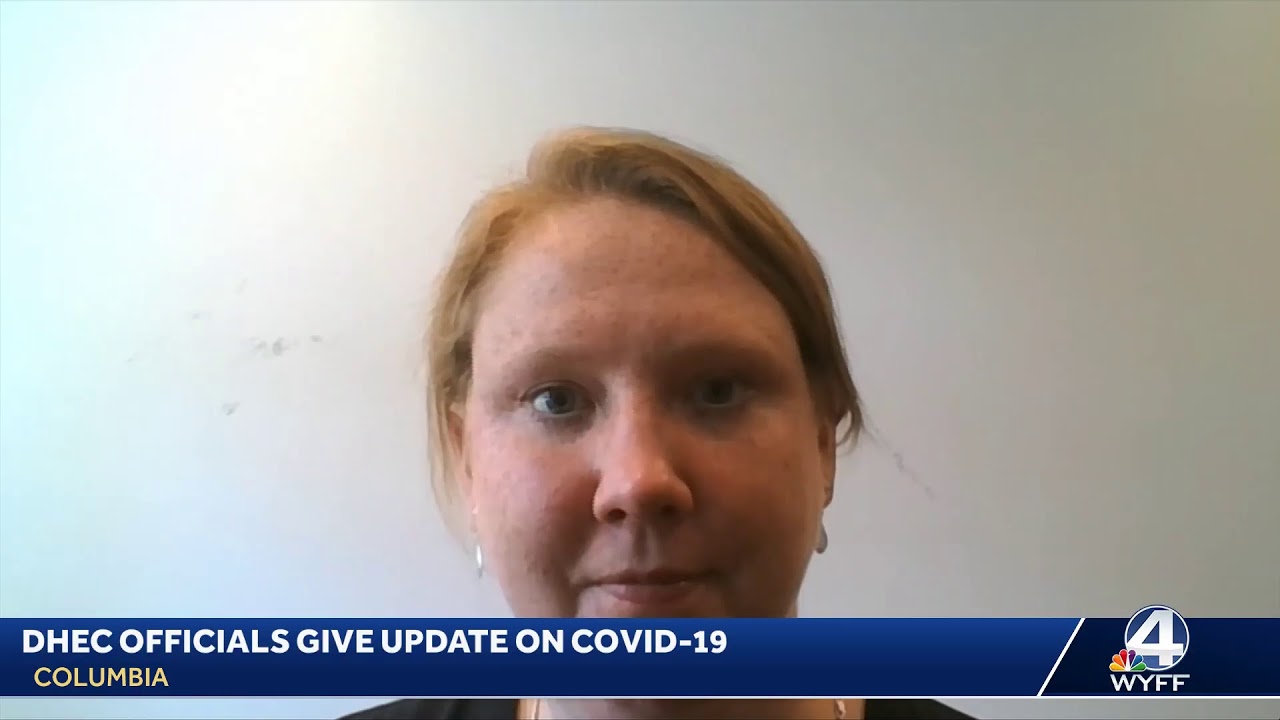
South Carolina Gov. Henry McMaster has signed a bill into law that requires SLED to create a system to track sexual assault evidence from the time it is collected until the time it is tested.(Video above is from previous story)Advocates for the bill at Greenville’s Julie Valentine Center received notice Thursday the governor had signed the legislation.The state’s House of Representatives unanimously approved Senate amendments to legislation Tuesday, ending a legislative process that started in December 2018.The state’s House needed to concur with those amendments before the bill went to the governor’s desk.The House has already unanimously passed the legislation in May 2019. The Senate unanimously approved Rep. Gilda Cobb-Hunter’s bill in March.The bill would require SLED to fully implement the system by the summer of 2022.Cobb-Hunter used WYFF News 4 Investigates research to explain that North Carolina’s system runs at an annual cost close to $100,000.Similar systems are going into place or are already in place in more than two dozen states across the country, according to Endthebacklog.org.End the Backlog is a project of the Joyful Heart Foundation, an advocacy group that pushes for statewide legislative change around the tracking and testing of sexual assault evidence kits.“When law enforcement agencies track the untested kits in their custody, communities can take the necessary steps to test those kits, hold offenders accountable and bring justice to sexual assault survivors whose cases have languished, often for years—or even decades,” said Ilse Knecht, director of policy and advocacy for Joyful Heart. “Ensuring all stakeholders in the criminal justice process can know the location and status of all newly collected sexual assault evidence kits will bring transparency to evidence kit processing and prevent a backlog from happening again.”WYFF News 4 Investigates revealed costs for systems across the country range widely. The system in Connecticut operates at less than $10,000 per year.
South Carolina Gov. Henry McMaster has signed a bill into law that requires SLED to create a system to track sexual assault evidence from the time it is collected until the time it is tested.
Advertisement
(Video above is from previous story)
Advocates for the bill at Greenville’s Julie Valentine Center received notice Thursday the governor had signed the legislation.
The state’s House of Representatives unanimously approved Senate amendments to legislation Tuesday, ending a legislative process that started in December 2018.
The state’s House needed to concur with those amendments before the bill went to the governor’s desk.
The House has already unanimously passed the legislation in May 2019. The Senate unanimously approved Rep. Gilda Cobb-Hunter’s bill in March.
The bill would require SLED to fully implement the system by the summer of 2022.
Cobb-Hunter used WYFF News 4 Investigates research to explain that North Carolina’s system runs at an annual cost close to $100,000.
Similar systems are going into place or are already in place in more than two dozen states across the country, according to Endthebacklog.org.
End the Backlog is a project of the Joyful Heart Foundation, an advocacy group that pushes for statewide legislative change around the tracking and testing of sexual assault evidence kits.
“When law enforcement agencies track the untested kits in their custody, communities can take the necessary steps to test those kits, hold offenders accountable and bring justice to sexual assault survivors whose cases have languished, often for years—or even decades,” said Ilse Knecht, director of policy and advocacy for Joyful Heart.
“Ensuring all stakeholders in the criminal justice process can know the location and status of all newly collected sexual assault evidence kits will bring transparency to evidence kit processing and prevent a backlog from happening again.”
WYFF News 4 Investigates revealed costs for systems across the country range widely. The system in Connecticut operates at less than $10,000 per year.










